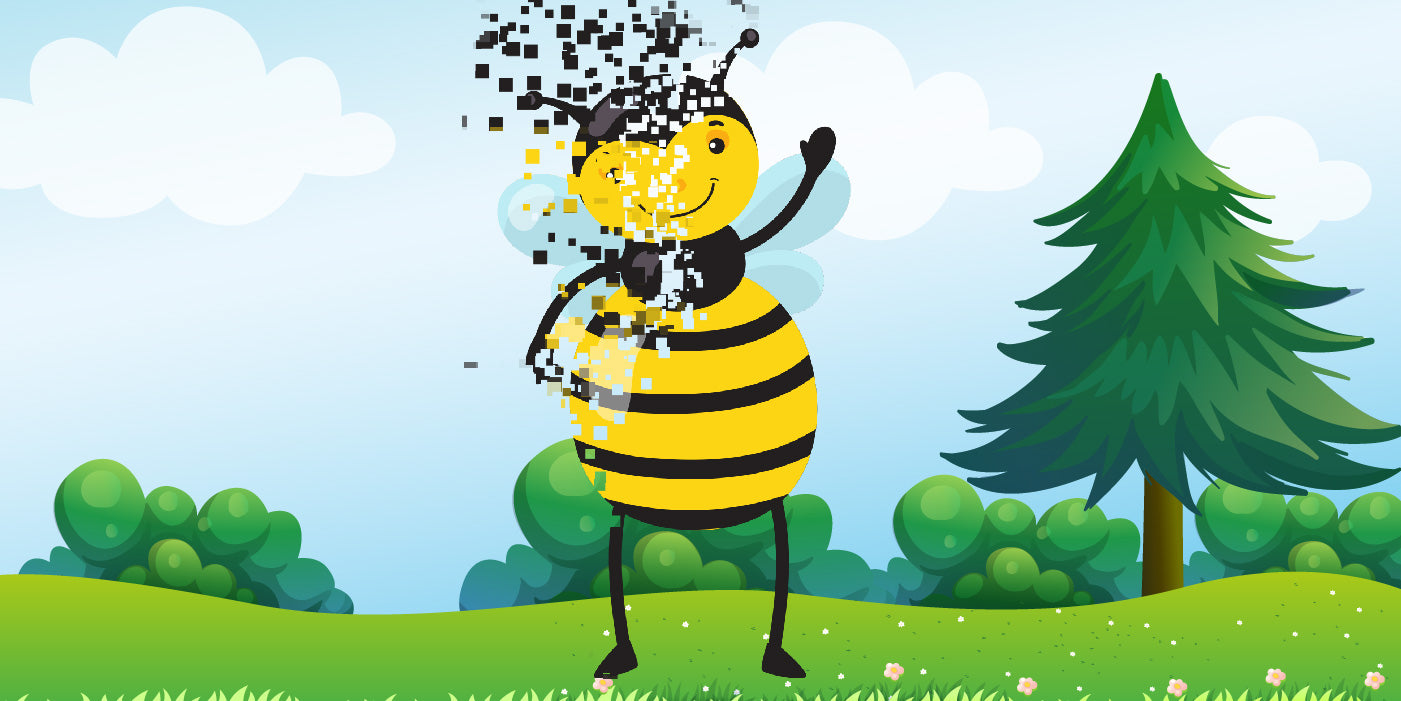
Are Honey Bees Disappearing?
Bees, with their intricate social structures and vital role as pollinators, are truly remarkable creatures. They have their own language and play a significant part in sustaining our ecosystems. Many native plants and essential food crops rely on bee pollination. However, recent concerns have arisen in the beekeeping communities of the United States and Europe regarding the mysterious disappearance of bee colonies. In this blog post, we will delve into the factors contributing to this phenomenon, highlighting the complex web of challenges that threaten bee survival.
The Buzz About Beekeeping
For the first time in history, humans are maintaining bees on a massive scale, and this practice is not without consequences. Beekeepers often transport vast truckloads of beehives across long distances to pollinate crops, particularly in regions like California. This practice, while essential for crop production, exposes bees to a range of stressors, including confinement and travel fatigue.
Bees can spend 2-3 days locked inside their hives during these journeys, which is exceedingly stressful for the entire colony. Such conditions can weaken bee immune systems, making them more susceptible to diseases and parasites, including the notorious varroa mite. Unlike humans, bees don't have access to vaccines, leaving them vulnerable to these threats.
Pesticides and Antibiotics
Another significant factor contributing to bee population decline is long-term exposure to certain pesticides that persist in the environment. Additionally, antibiotics are administered to bees to help them combat diseases. While these measures may appear well-intentioned, they can have unintended consequences for honey bee health.
Pesticides like neonicotinoids have been linked to bee toxicity and adverse effects on bee behavior, affecting their foraging and navigation abilities. The widespread use of such pesticides poses a severe threat to bee populations, as well as the broader ecosystem.
Moreover, the administration of antibiotics can disrupt the delicate balance of microorganisms within bee colonies, potentially leading to antibiotic-resistant strains and further compromising bee health.
The Fate of Honey Bees and Their Cousins
Honey bees, with their robust colonies and adaptability, are more likely to survive the challenges posed by modern beekeeping practices. However, the same cannot be said for their lesser-known cousins, including bumblebees and native bees. Research has shown that these species are significantly more vulnerable to the diseases and pesticides that affect honey bees.
The decline of native bees is of particular concern because they are often specialized pollinators, perfectly adapted to the local flora. Losing them could have far-reaching consequences for the biodiversity of our ecosystems and the health of our food crops.
Taking Action to Protect Our Bees
The fate of our bees is inextricably linked to our actions. Here are some steps you can take to help protect these essential pollinators:
In your gardens, prioritize planting flowering plants native to your region. This not only provides a diverse and nutritious food source for bees but also supports your local ecosystem.
If possible, refrain from using pesticides or insecticides in your garden. If you must use them, do so at night when bees are less likely to visit your garden.
Take the time to learn about the native bees in your area by reaching out to local entomologists and beekeeping organizations. Understanding their needs and behaviors can inform your efforts to protect them.
Advocate for policies that promote bee-friendly practices, such as reducing the use of harmful pesticides and supporting research into bee health.
Share information about the importance of bees and the threats they face with your friends, family, and community. Building awareness is a crucial step in fostering collective action.
In conclusion, the disappearance of honey bees and their native counterparts is a complex issue with far-reaching consequences. It is not a matter of whether honey bees will survive, but whether we can protect the diverse and invaluable pollinators that contribute to the health of our ecosystems and the abundance of our food supply. By taking action at the individual and community levels, we can make a positive difference in the lives of these remarkable creatures and ensure a brighter future for our planet.
So, let's join together in the effort to protect our buzzing friends and preserve the intricate balance of nature that relies on their vital work.
General Question About Honey Bees Disappearing
1. What are the primary factors contributing to the decline of honey bee populations?
Answer: The decline in honey bee populations is due to a combination of factors including long-distance transportation of hives, exposure to pesticides and antibiotics, diseases and parasites such as the varroa mite, and habitat loss. These stressors weaken bees and make them more susceptible to health issues.
2. How do pesticides like neonicotinoids affect honey bees?
Answer: Neonicotinoids are linked to bee toxicity and can negatively impact bee behavior, affecting their ability to forage and navigate. These pesticides can also impair their immune systems, making them more vulnerable to diseases and parasites.
3. What are the consequences of using antibiotics on bees?
Answer: While antibiotics are used to combat bee diseases, they can disrupt the balance of microorganisms within bee colonies. This disruption can lead to the development of antibiotic-resistant strains and further compromise bee health, potentially leading to weaker colonies.



Leave a comment